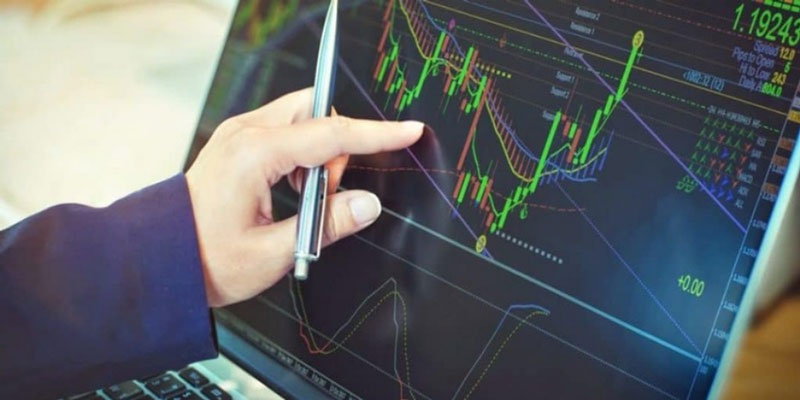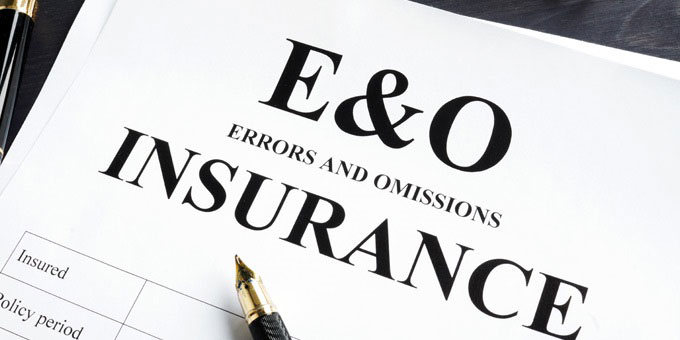Day trading equities requires a significant financial investment. The suggested minimum capital for day trading on the stock marketplace may differ from the legal minimum depending on factors such as the trader's trading style. Traders need to be able to take on a wide variety of deals with varying levels of risk, and they must have enough cash to weather a sustained loss. Since the foreign exchange (FX) market represents one of the most easily accessible money markets, day trading in commodities is a popular form of investing. Forex brokers demand no deposit at all to start an account, and others require as little as $50. You may get started trading with a fixed quantity of money. Nonetheless, there are several variables to consider when calculating the minimum capital needed for day trading throughout the foreign exchange market.
The Minimum Amount Of Capital Necessary To Get Started In Day Trading Stocks
Capital Requirements For Day Trading And Risk Management
It is essential to handle risk management before calculating the required capital. You shouldn't put upwards of 1% of your trading capital at risk on any one deal while day trading. A trader with a $40,000 account should only risk $400 for each transaction at most. The day trader cannot survive without access to capital. It's important to keep going even during the inevitable losing streaks. By just putting up 1% of capital in every transaction, even a losing run of 10 trades won't wipe out the whole account. The amount you stand to lose is equal to the product of your position size, the spread among your entry price, and your stop-loss order. In the following part, we'll look at a few cases.
The Bare Minimum You'll Need To Get Into Day Trading Stocks

The legal minimum for stock day trading in the United States is $25,000. Day trading is prohibited if the account balance falls below $25,000 and remains there for more than 24 hours without a deposit raising it to that amount or more. 1 U.S. residents interested in day trading equities are required to have at least $30,000 in liquid capital available. If you have $30,000 to invest, you should never risk upwards of $300 at a time. In the stock market, transactions are often done in increments of $0.01 per share (100 shares). You can trade risky stocks with smaller position sizes and keep your risk below $300, or you can trade safer stocks with greater positions if you have $30,000. Each day trader's maximum exposure to risk per open position must not be greater than one percent of available trading capital.
Money And Leverage For Day Trading
When engaging in day trading, it is common practice to use leverage ratios of up to 4:1. With a $30,000 account balance, trading approximately $120,000 stock is possible ($30,000 x 4). This implies that a day trader's account balance may be more than the product of their position size and the transaction price. It is important to note that the trader in the previous example above has almost $30,000 in his trading account but needs $40,000 to achieve (1,000 x $40). The ability to use leverage. For this example, let's say your account balance is $30,000. Even if you employ leverage, you should still only risk $1000.
How Much Money Do You Need To Trade Stocks Daily?

Regardless of the legal threshold for day trading is $25,000, most experts advocate having at least $30,000. There will be greater leeway in the equities that may be traded and the possibility of losing deals. Day traders may choose between trading less volatile equities with a lower stop-loss and bigger position size or trading increasingly volatile securities with a higher stop-loss and a smaller position size. Never risk more than one percent of your trading account on something like a single deal.
Conclusion
The subject of how much money should be on hand before beginning trading is typical. The rules, standards, and ideal quantities in any given market differ from others. Before investing your time and cost, you should learn as much as possible about each option. In this article, we'll look at everything you need to know about the mandatory or legally necessary assets for trading on the main markets. No "perfect investment" can guarantee success since every successful trader will develop their tactics and plans. You need only invest a small sum to start, as long as it is within your financial means. The sum is not limited in any way. It's all up to you. Remember that you can't anticipate market changes, so take your time while you plan your launch.



